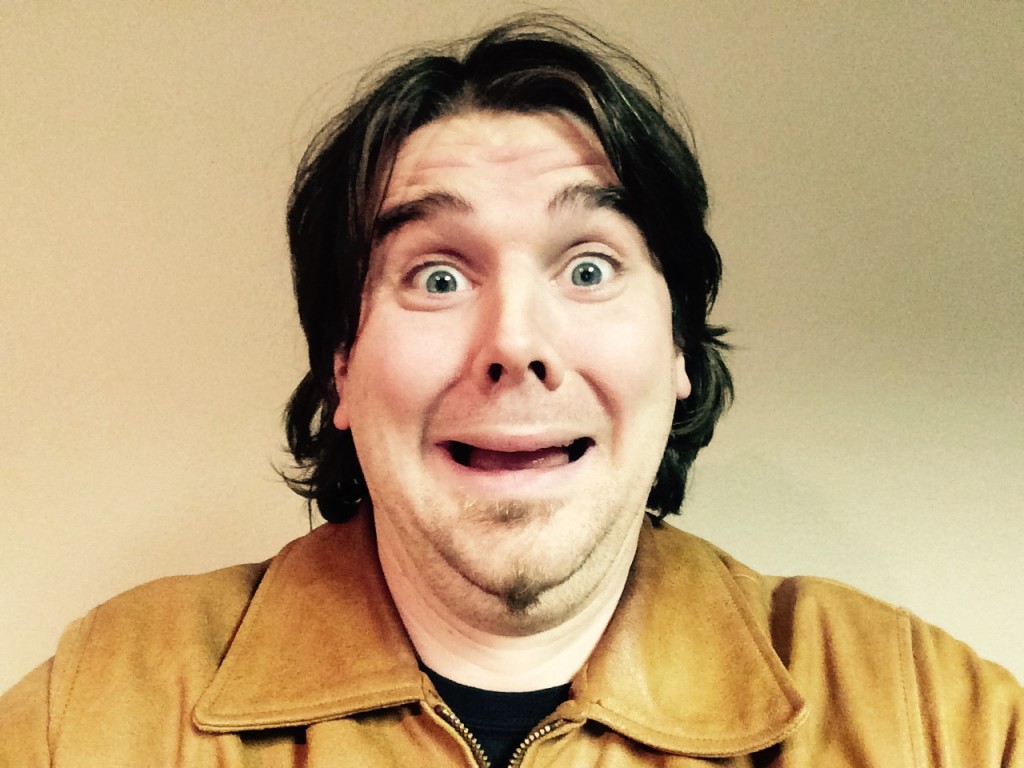Looking at my driver’s license, I notice a few things. Most obvious is a photographic image, slightly smaller than a thumb. One note here before moving on: there is just no way to take a poor picture of me — wow. Secondly, and just as importantly, is my name, listed beside the picture. Also documented is information such as current residence, date of birth, and physical details including height and weight. Your license undoubtedly appears similarly.
Perhaps the most useful parts of my license are the image and the name. Though bearing just three names and a face a mother could love, police officers, bank tellers, airport security personnel, et al, use these as a basis to substantiate my identity. Though useful, it is incomplete. I am more than can be represented on a 2×4-inch piece of plastic.
The photographic image on any license is “flat” or two-dimensional. It pales in comparison to the three-dimensional person it represents. Likewise, each of us bears an image of God (Genesis 1:26). Like the picture on a license, the image of God we bear lacks a dimension (or two). Even so, each follower of Jesus is a reflection of the Father to a darkened world. This is a statement of truth; a fact that is based not on the worthiness of the Christian, but the presence and work of the Holy Spirit within the believer.
Like many others, my name has meaning embedded within it. I was given three names by my mother and father at birth. My surname represents my family and a German heritage dating back several centuries. The middle name I hold was taken from my father’s first name, while the meaning of my first name carries with it the grand expectations of “God’s peace.” These names, however they might distinguish me from others, do not fully define me. Many years later I was given a new name: “Christian.” Born again, of the Spirit, this new name became rich in meaning and powerful in significance. Now bearing the name of Christ, it is this name that provides greater identity than any other
Each time you take out your license and see the image and name upon it, remember the image and the name we bear because of Jesus. The image recalls God’s initial creation (Genesis 1:26) and our transformation into a new creation — “Therefore if anyone is in Christ, he is a new creature; the old things passed away; behold, new things have come” (2 Corinthians 5:17). The name “Christian” tells us to whom we belong. This does not change when we fall short of the glory of God (sin). “ — having also believed, you were sealed in Him with the Holy Spirit of promise, who is given as a pledge of our inheritance” (Ephesians 1:13-14). Remember this, Christian: your identity resides not in good works, but in God’s declaration of righteousness through forgiveness in Jesus Christ!
Views – 168

 Follow
Follow